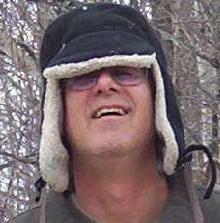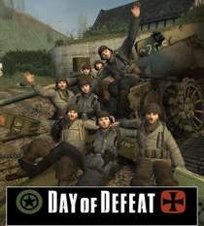The war on whatever
Any ol' war will do, eh? Let's face it. Canada is a frontline state ... errrr, I mean a neighbouring state... and neighbours are supposed to do what the neighbourhood bully wants, or else?
We will never be allowed to go independent, not without a fight.
Friday, August 26, 2005
Juanes: Legalizing Drugs the Only Way Out for Colombia
Juanes is the biggest male pop star in Columbia, if not all of Latin America. He calls for legalization in an interview for a Spanish newspaper.
see interview and report in NarcoSphere
see interview and report in NarcoSphere
Wednesday, August 17, 2005
US reaction to Venezuela kicking out DEA
Here we go again. Uncle Sam says: We've only just begun!
US revokes Venezuelan military visas
"The measure came less than a week after left-winger Chavez ended anti-drug cooperation with the U.S. Drug Enforcement Administration after accusing its agents of spying, in the latest blow to relations between Washington and Caracas...
Following Chavez's announcement on the DEA, U.S. officials said his decision would influence next month's ruling in Washington [certification] on whether Venezuela had cooperated in the fight against illicit drugs."
More concise reporting from NarcoNews :
US revokes Venezuelan military visas
"The measure came less than a week after left-winger Chavez ended anti-drug cooperation with the U.S. Drug Enforcement Administration after accusing its agents of spying, in the latest blow to relations between Washington and Caracas...
Following Chavez's announcement on the DEA, U.S. officials said his decision would influence next month's ruling in Washington [certification] on whether Venezuela had cooperated in the fight against illicit drugs."
More concise reporting from NarcoNews :
On the one hand, the “de-certification” threat is a pathetic one, as it appeals to the old logic that a country had to bend over backwards to win approval from the U.S. in order to maintain international legitimacy. Chávez has been one of the principal people to break that trance, and such a move won’t faze him or his supporters. But read between the lines and there is the further threat of violence that Chávez has so often denounced and U.S. officials so indignantly dismiss. The United States has only ever denied counter-narcotics certification to two Latin American countries. One is Colombia. The other is Panama, and that certification denial was quickly followed by a bloody U.S. invasion.
Pain and Chemical Dependency: Addiction & Pain
Pain and Chemical Dependency: Addiction & Pain
This societal decision to regulate medical practice and criminalize the administration of opioid drugs in some contexts led to secondary phenomena, with effects of their own. Prescribers became increasingly concerned about the potential for investigation and sanction or prosecution. To some degree, this concern has contributed to the underuse of opioid drugs. Equally important, the criminalization of opioid addiction fostered an illicit drug trade that, in turn, brought new problems, including the involvement of organized crime and violent gangs in drug trafficking. Over time, all these problems--the undertreatment of pain, the occurrence of opioid abuse and addiction, and the criminal activities surrounding opioid trafficking--have increasingly undermined the public health. Clearly, pursuant to pain management and opioid analgesia, there is a pressing need for rational and consistant policies, initial and continuing education of healthcare professionals, and application of sound principles of assessment, prescribing, and management.
Saturday, August 06, 2005
Subscribe to:
Posts (Atom)




